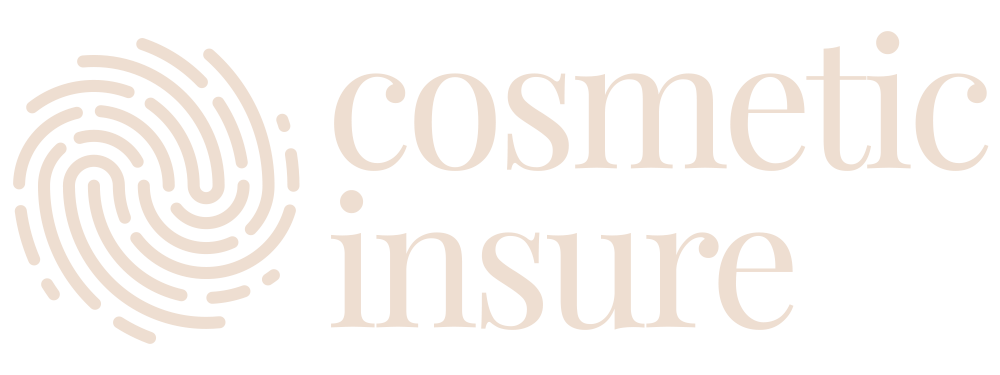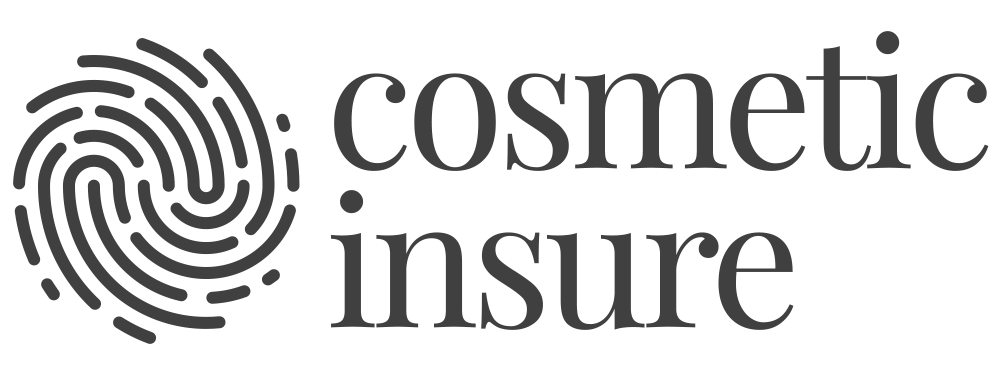EDUCATION
Risk Management in Aesthetics: Why Practice Management Software is Now a Cornerstone of Insurance
The aesthetics sector continues to grow, but so do complaints, claims, and regulatory pressures. For practitioners, it’s no longer enough to simply deliver good clinical outcomes, success increasingly depends on how well risks are identified, managed, and evidenced.
At Cosmetic Insure, we work with clinics every day to strengthen their insurance position. One clear pattern has emerged: those with robust systems in place are consistently better protected. This is where practice management software (PMS), such as Pabau, has become transformational. What was once an admin convenience is now central to clinical governance, defensibility, and insurance strength.
Why Insurers Pay Attention To Your Systems
From an insurance perspective, the most common claim drivers are consistent across the sector:
- Poor or missing consent documentation
- Incomplete patient records
- Failure to evidence aftercare or follow-up
- Adverse reactions without proper documentation
These are not always failures of clinical judgement – they are failures of process. Underwriters increasingly see them as indicators of risk. A clinic that cannot evidence robust systems is more likely to face higher premiums, restrictive terms, or challenging renewals. Conversely, a clinic with well-structured processes inspires confidence and often secures stronger outcomes.
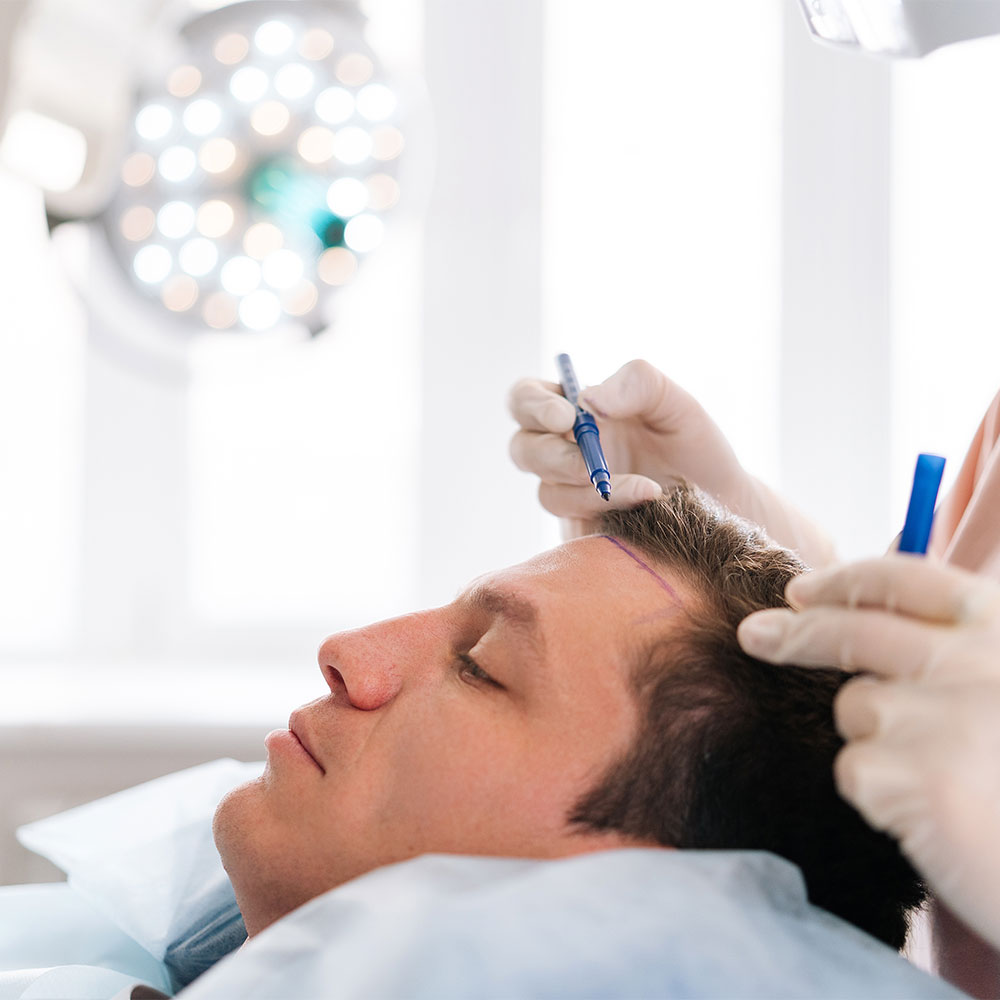
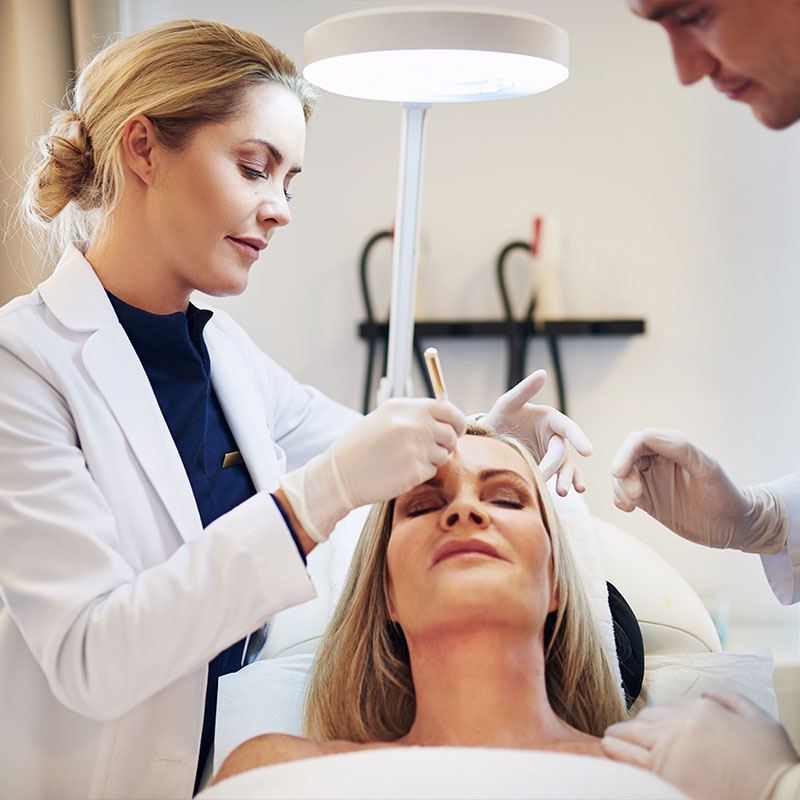
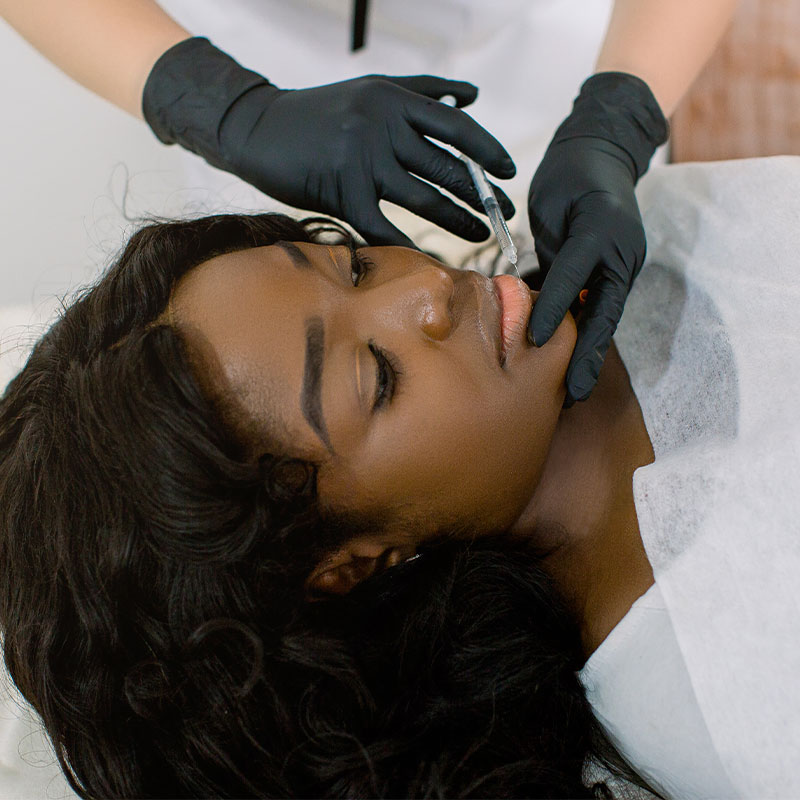
Documentation: Your First Line of Defence
Documentation is often the single factor that decides whether a claim is defensible. Being able to instantly produce full, contemporaneous records is invaluable. PMS provides audit trails, timestamps, product batch tracking, and photographic evidence – all stored securely and retrievable at the click of a button.
In the context of insurance, this agility is critical. Claims can escalate quickly, and insurers will always prioritise cases where evidence is available immediately.
Consent, Expectations and Aftercare
Many disputes in aesthetics stem less from negligence and more from mismanaged expectations or perceived lack of care. Here, PMS proves its worth by standardising consent, storing treatment plans, logging before-and-after photos, and automating aftercare reminders.
For insurers, this shows that patients were informed, supported, and reviewed – three factors that make defending a claim far easier. For clinics, it reduces misunderstandings and strengthens trust.
Screening and Risk Assessment
Insurers place particular focus on whether contraindications and high-risk patients are managed appropriately. PMS supports this through pre-treatment questionnaires, alerts for allergies or medical history red flags, and consistent documentation of practitioner decisions. This not only protects patients, but also strengthens your clinic’s defensibility should questions arise later.
Compliance, Training, and Audit Readiness
Expired licences, outdated training, or unclear product sourcing are frequent problem areas during claims. PMS allows clinics to log:
- Practitioner training and certificate renewal dates
- Product batch numbers and supplier details
- Key compliance documents with renewal reminders
This proactive record-keeping demonstrates to insurers that your clinic takes risk seriously and reduces the likelihood of cover disputes.
Data That Improves Your Insurance Position
Beyond claims, insurers increasingly expect clinics to provide accurate data on treatment volumes, complication rates, and practitioner workload. PMS reporting functions allow you to generate this quickly, giving you stronger insurance applications and, in many cases, more favourable terms.
Time Efficiency Equals Fewer Errors
Time pressure is a hidden risk factor. Clinics drowning in manual admin are more likely to miss steps or make mistakes. By streamlining processes, PMS frees up practitioners to focus on patient care, reducing the likelihood of errors that later escalate into complaints.
The Broker’s View
As brokers, we see daily how robust systems translate into better insurance outcomes. Clinics that embrace PMS:
- Defend claims more effectively
- Evidence compliance with regulatory expectations
- Secure stronger insurance terms and pricing
Those that don’t often find themselves struggling to produce basic records under time pressure, which undermines their defence and increases costs.
Looking Ahead
Risk management in aesthetics is no longer only about clinical skill. It is operational, systemic, and measurable. Practice management software like Pabau is no longer an optional add-on – it is a cornerstone of modern practice.
Forward-thinking clinics are already leveraging PMS to improve patient care, streamline operations, and strengthen their insurance position. Those that don’t risk being left behind, both in terms of regulatory compliance and in securing the protection they need from insurers.
In today’s environment, PMS isn’t simply best practice – it’s essential.
Need a confidential insurance review? Contact Cosmetic Insure to assess your cover in light of current regulatory expectations.


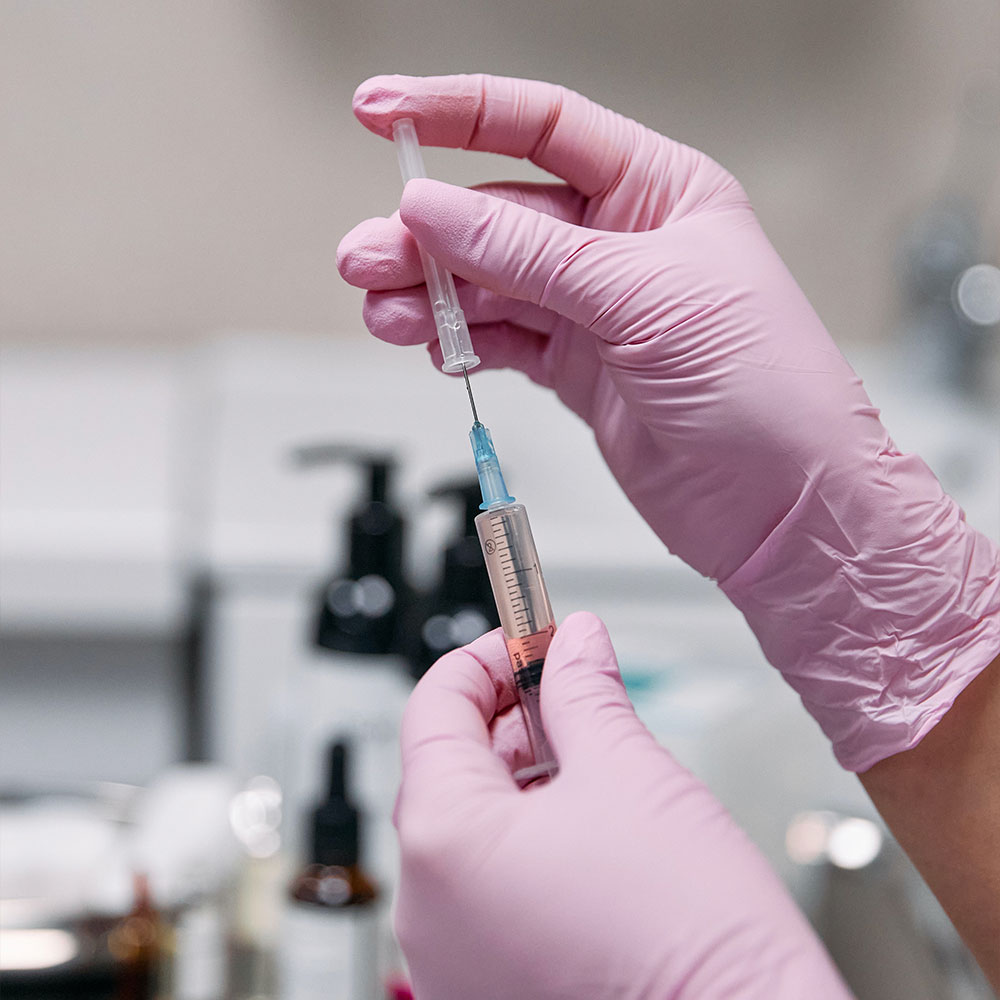
Share This Story, Choose Your Platform!
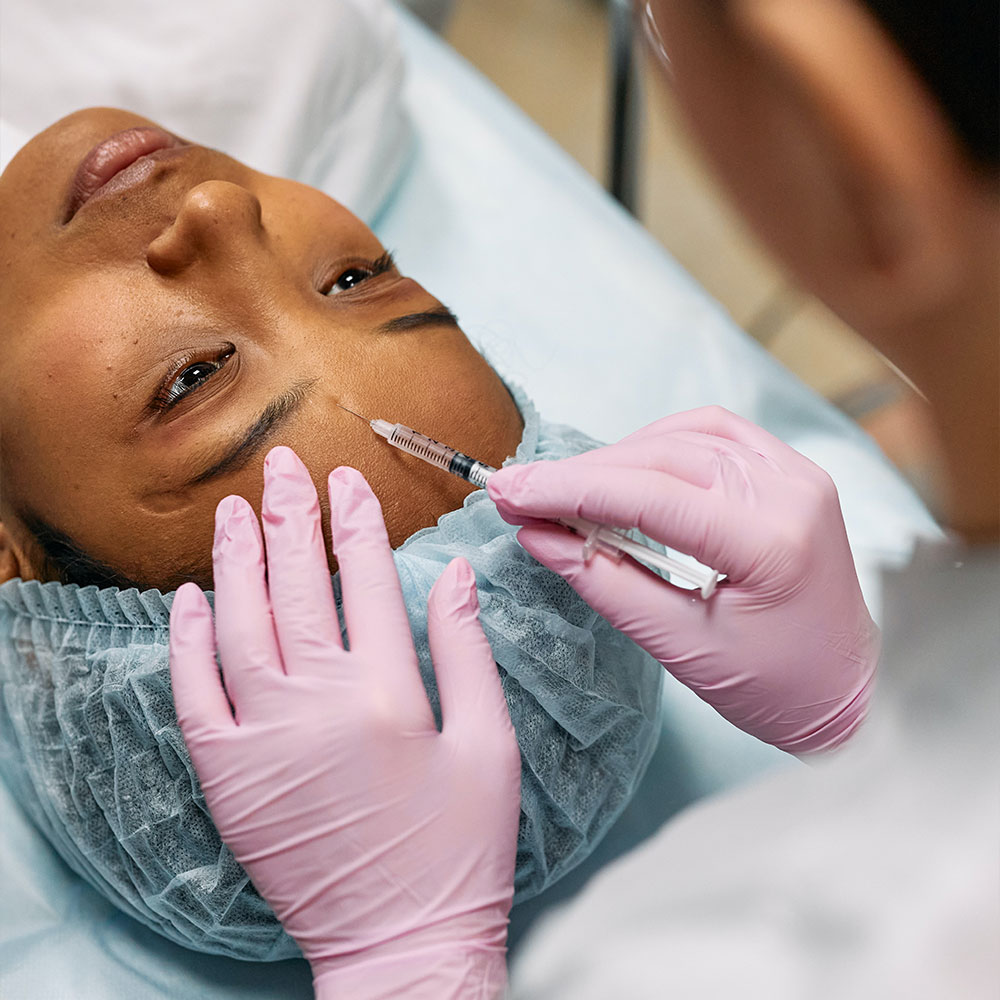



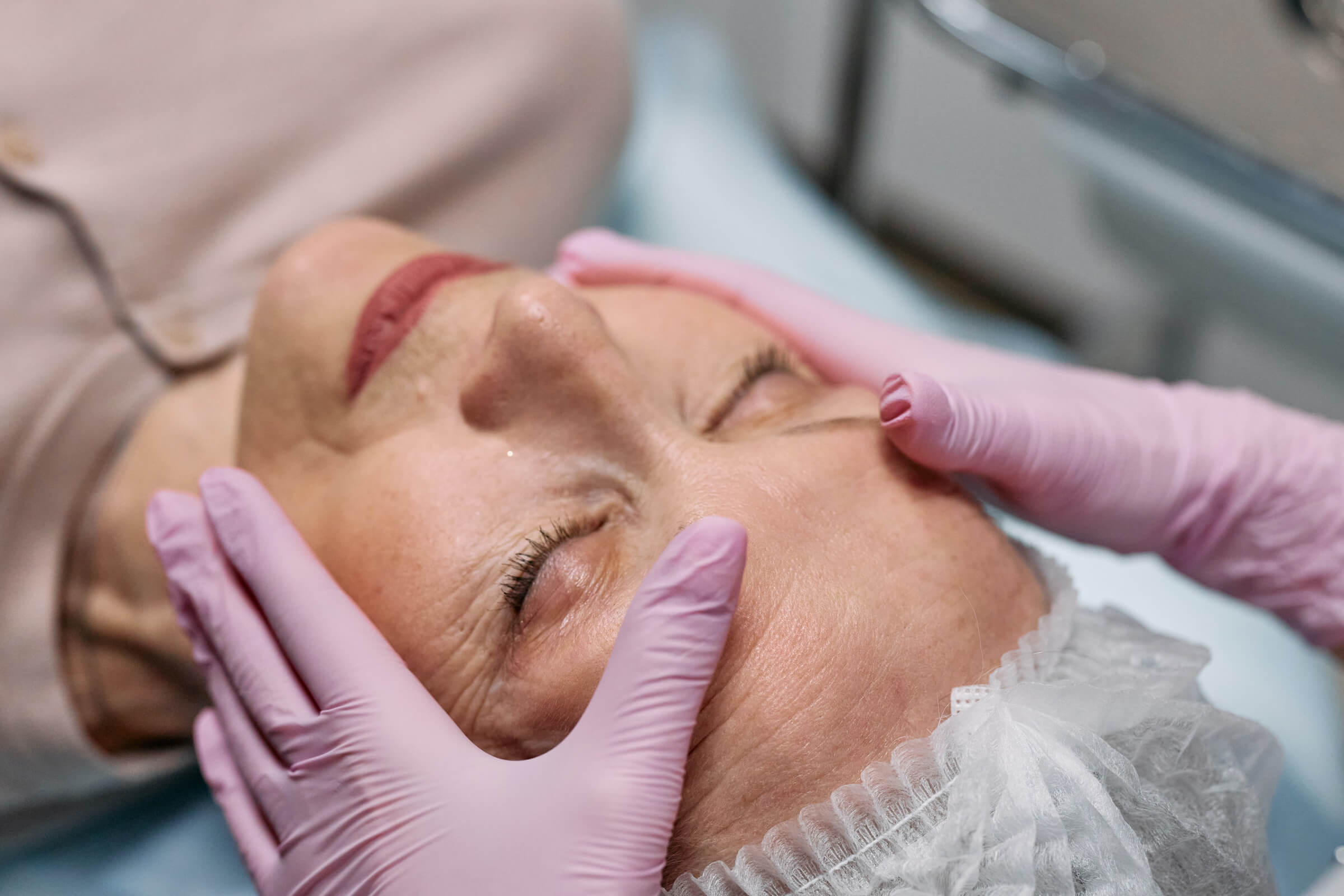
Cosmetic Insure Disclaimer
All the information provided in our Cosmetic Insure Treatment Guides and blog articles serves as a valuable reference and informational resource. Our intention is to offer insights that assist you in making informed choices when exploring the extensive array of non-surgical aesthetic treatments available.
Please note that this information does not constitute medical advice. Any reliance you place on the content found within the Cosmetic Insure Treatment Guides, Cosmetic Insure blog articles, or on any part of cosmeticinsure.com is done so entirely at your own discretion.
Prior to considering any non-surgical cosmetic treatment mentioned anywhere on cosmeticinsure.com, we strongly recommend that you engage in thorough consultation with a duly qualified and accredited practitioner who possesses the proper training and comprehensive insurance coverage for the specific treatment you are interested in. Neither the author of the guides or blog articles, nor the practitioner who has verified these guides, nor Cosmetic Insure, can be held responsible or liable for any loss or claims resulting from the use or misuse of cosmeticinsure.com’s content. Your safety and well-being are our utmost concern.

